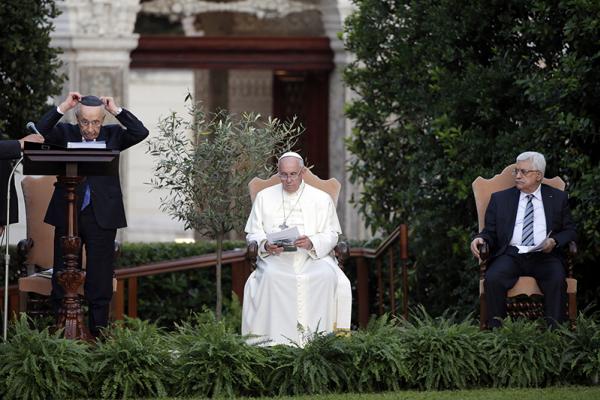May 13, 2015
The Vatican’s decision to recognize Palestine as a sovereign state on May 13 angered Israeli officials.
The move comes four days before the first-ever canonization of two Palestinian nuns and it solidifies the standing of Palestinian President Mahmoud Abbas, who is scheduled to meet with Pope Francis at the Vatican on Saturday.
Israeli Foreign Ministry spokesman Emmanuel Nahshon told The Times of Israel that the government is “disappointed by the decision. We believe that such a decision is not conducive to bringing the Palestinians back to the negotiating table.”
Read the Full Article

Already a subscriber? Login
